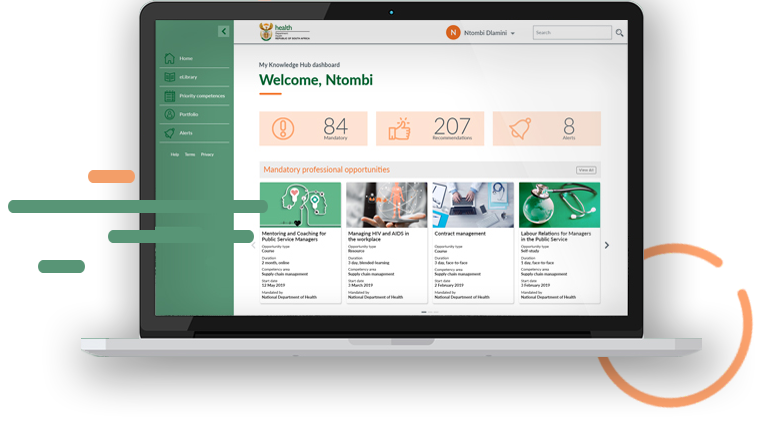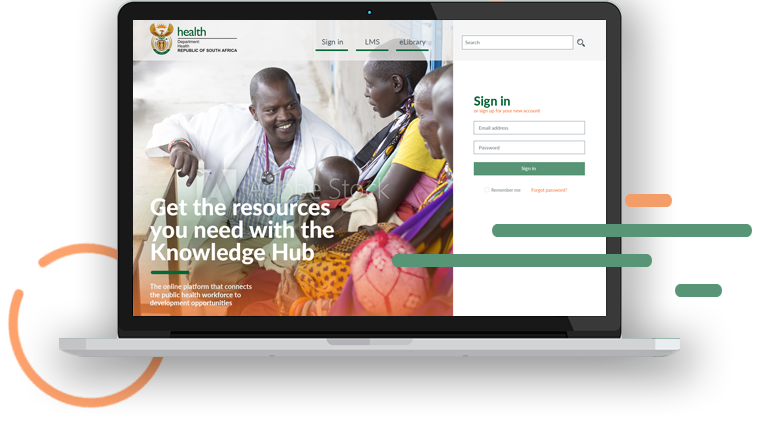An Approach to Snakebites and Scorpion Stings for EMS Providers
Objectives:
Identify high-risk snake and scorpion species relevant to their region.
Syndromic approach to snakebite management
Understand the prehospital and emergency management of snakebites and scorpion stings.
Implement evidence-based protocols for antivenom administration and supportive care.
Recognize complications and when to escalate care.
Questions/key issues to be covered:
Is it necessary to identify the species of snake or scorpion for effective treatment?
When and how to administer antivenom, which type?
Tourniquets in snakebites, good or bad?
What is the situation with the availability of antivenom is South Africa?
Speakers:
Mr Louis van Rensburg
EMS District Manager
Nick van der Walt
Training & Development
Video:
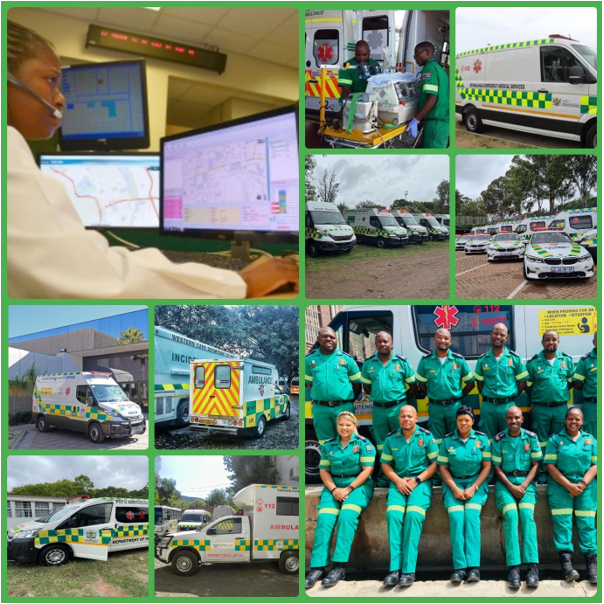

.png)
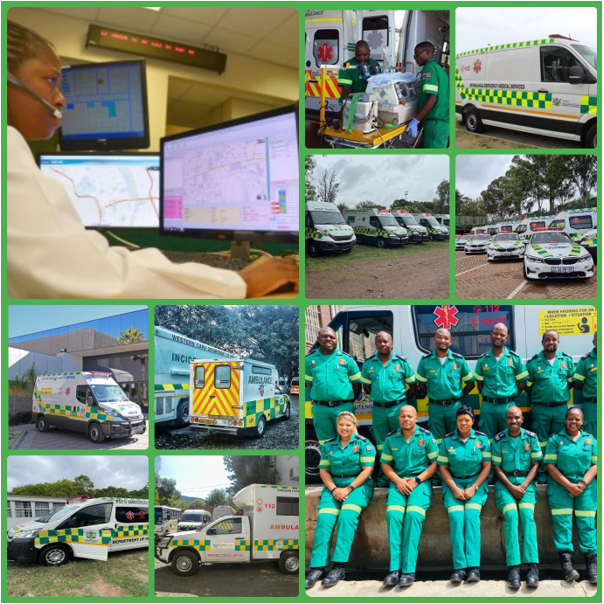
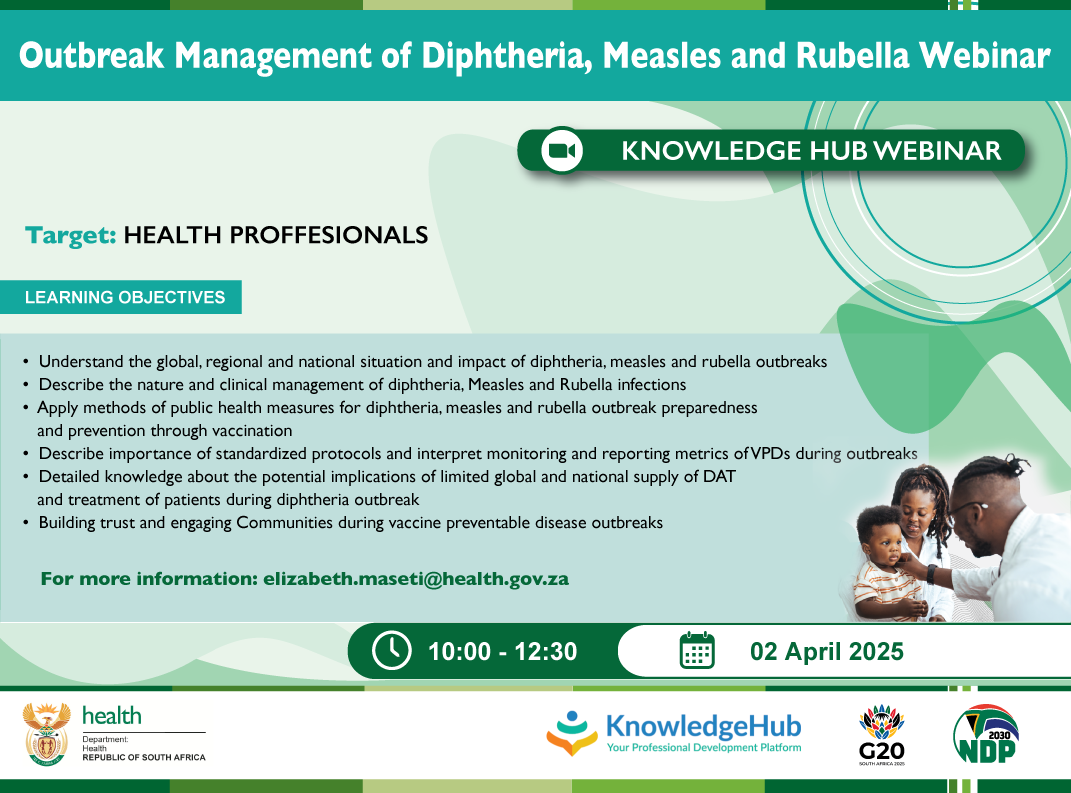

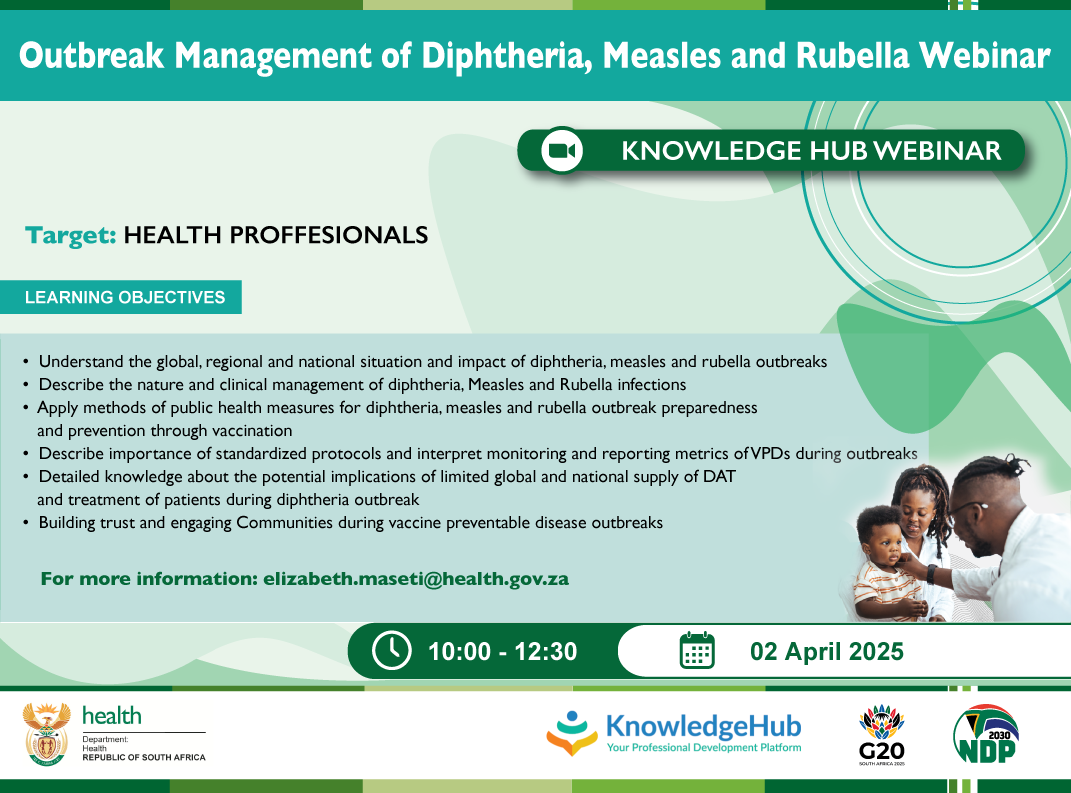



.jpg)
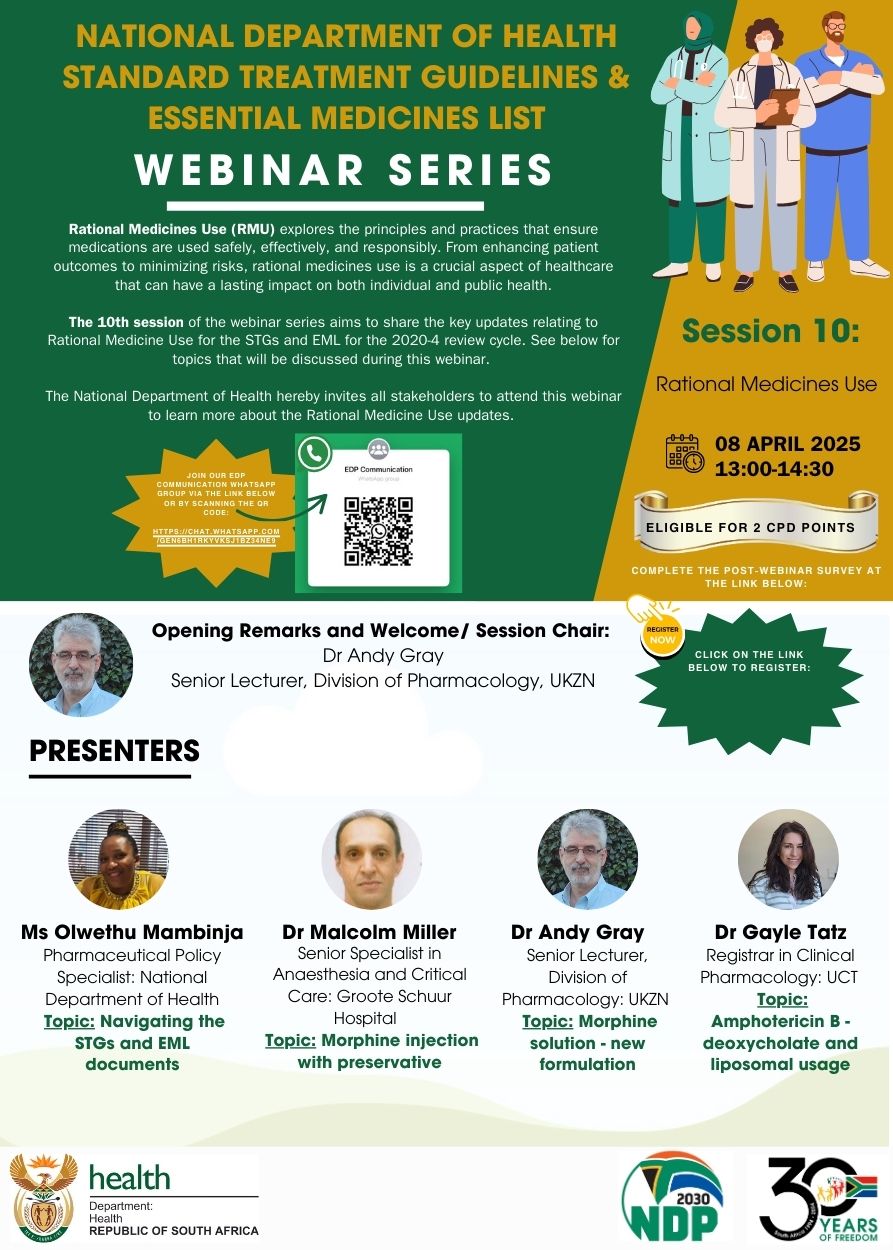
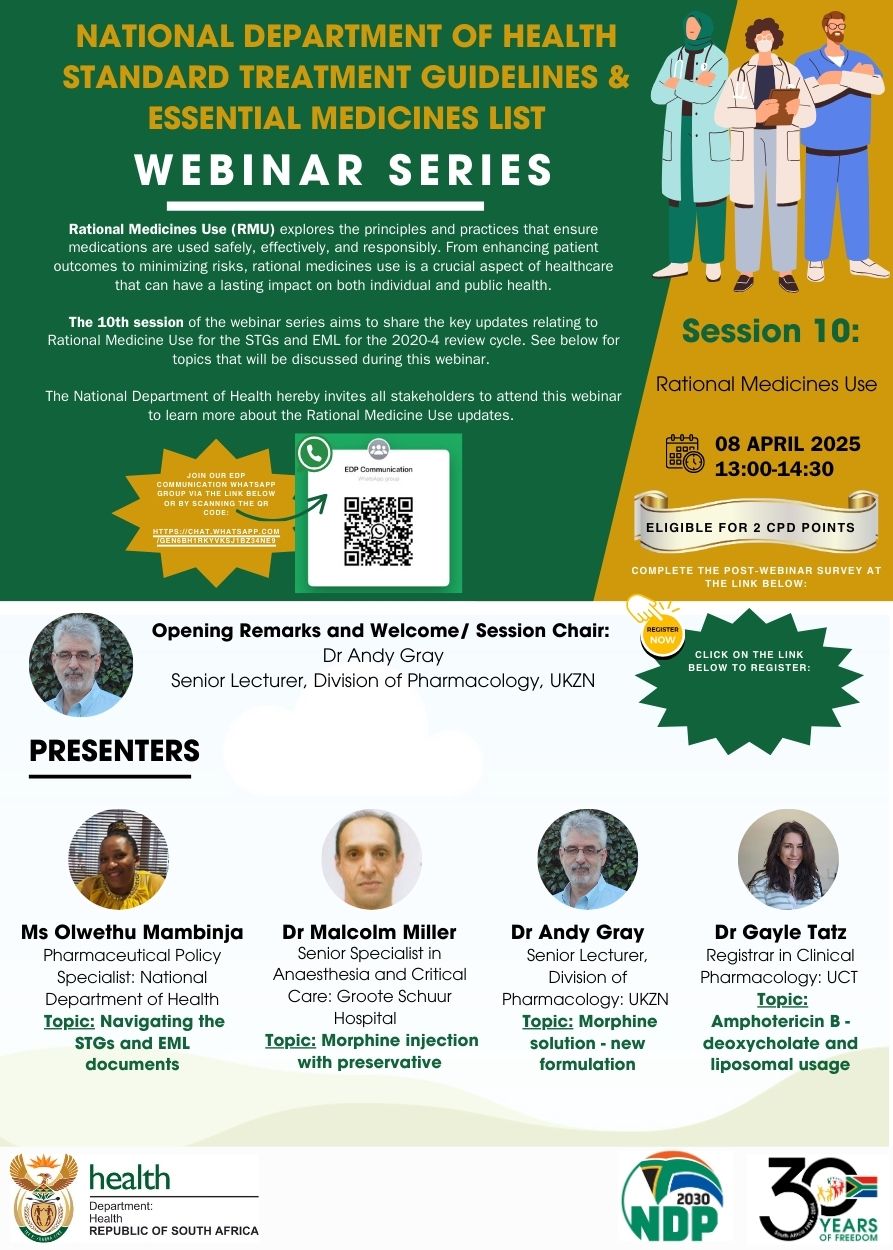



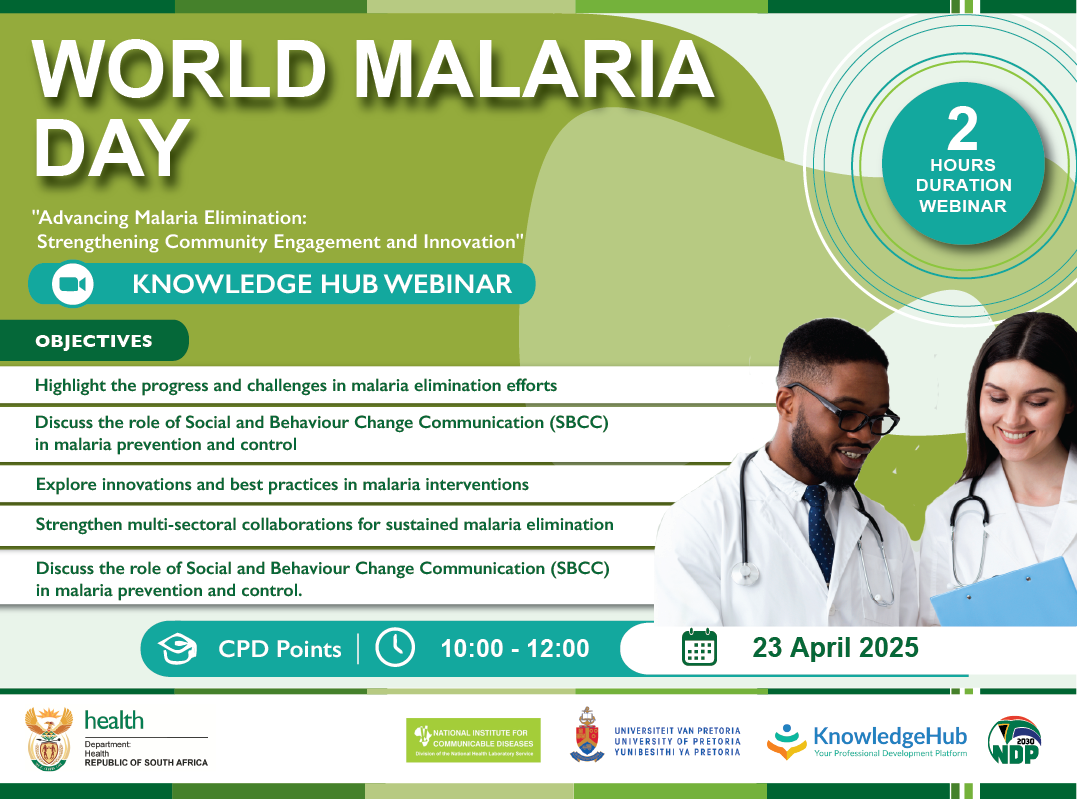

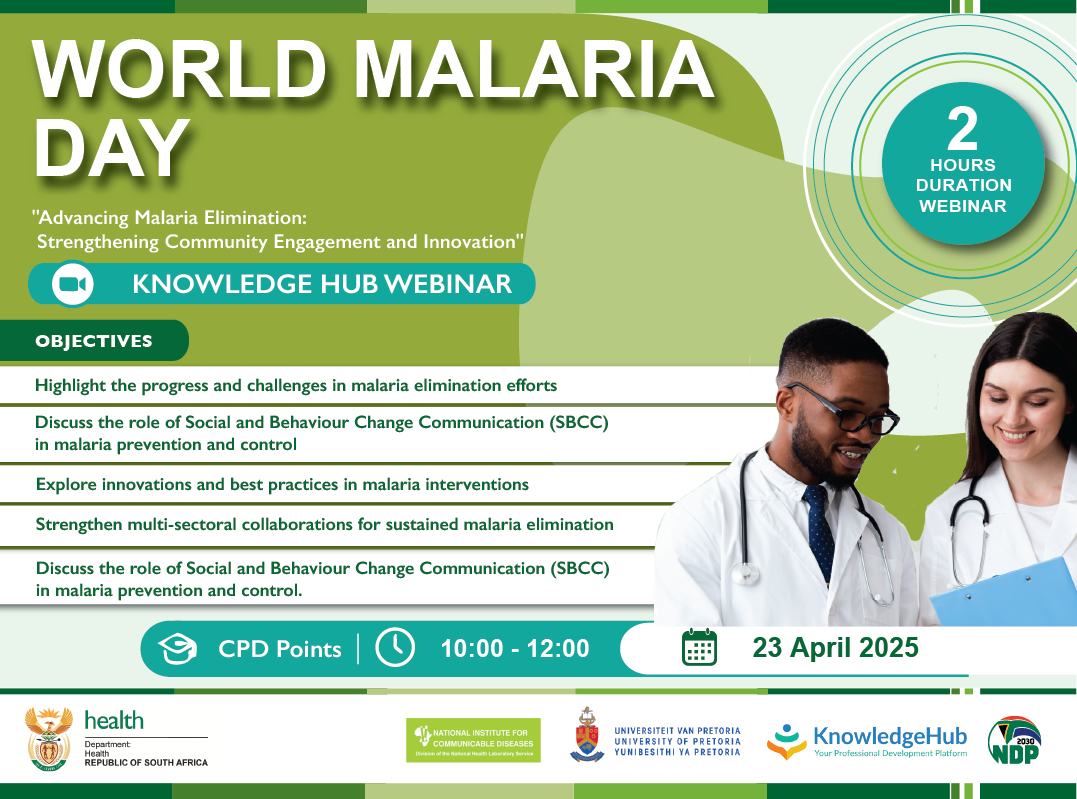
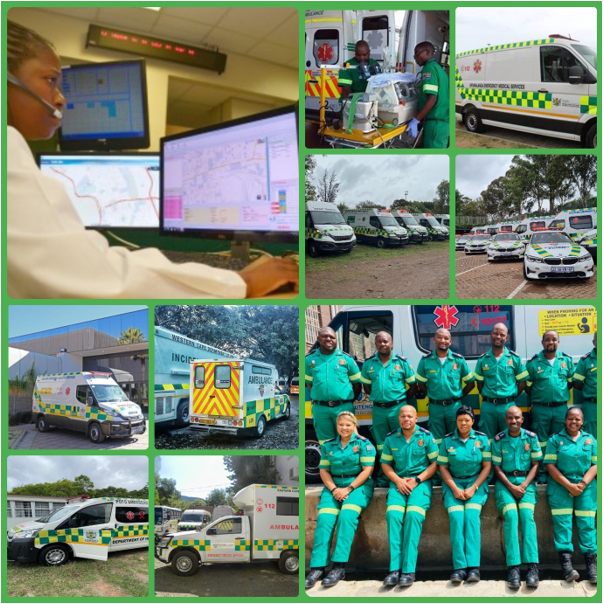
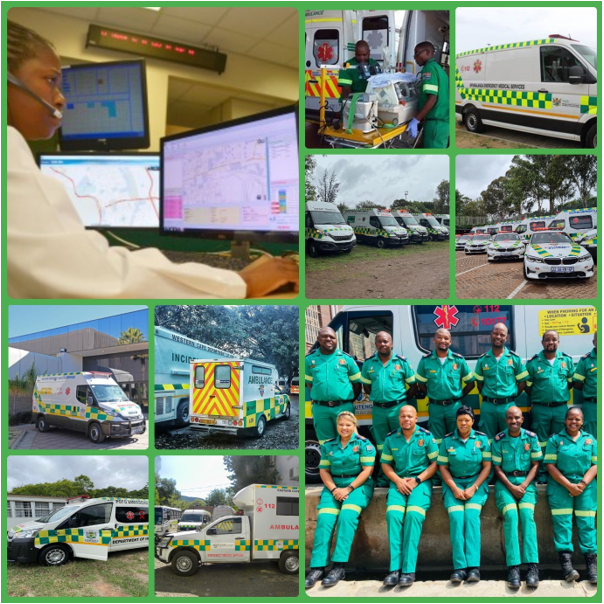
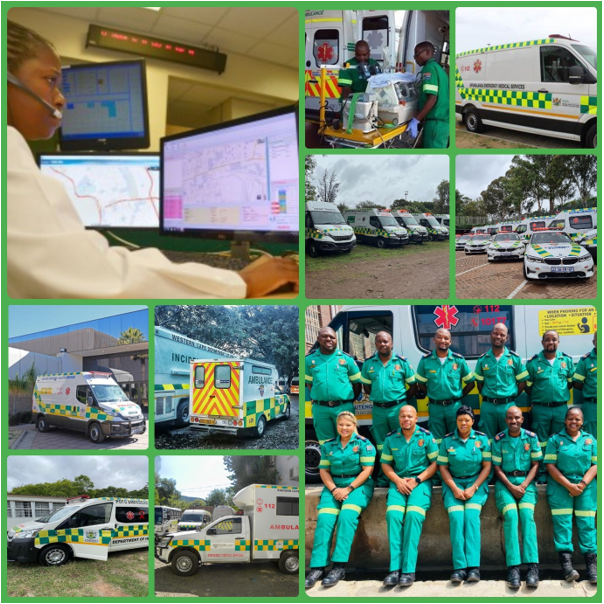
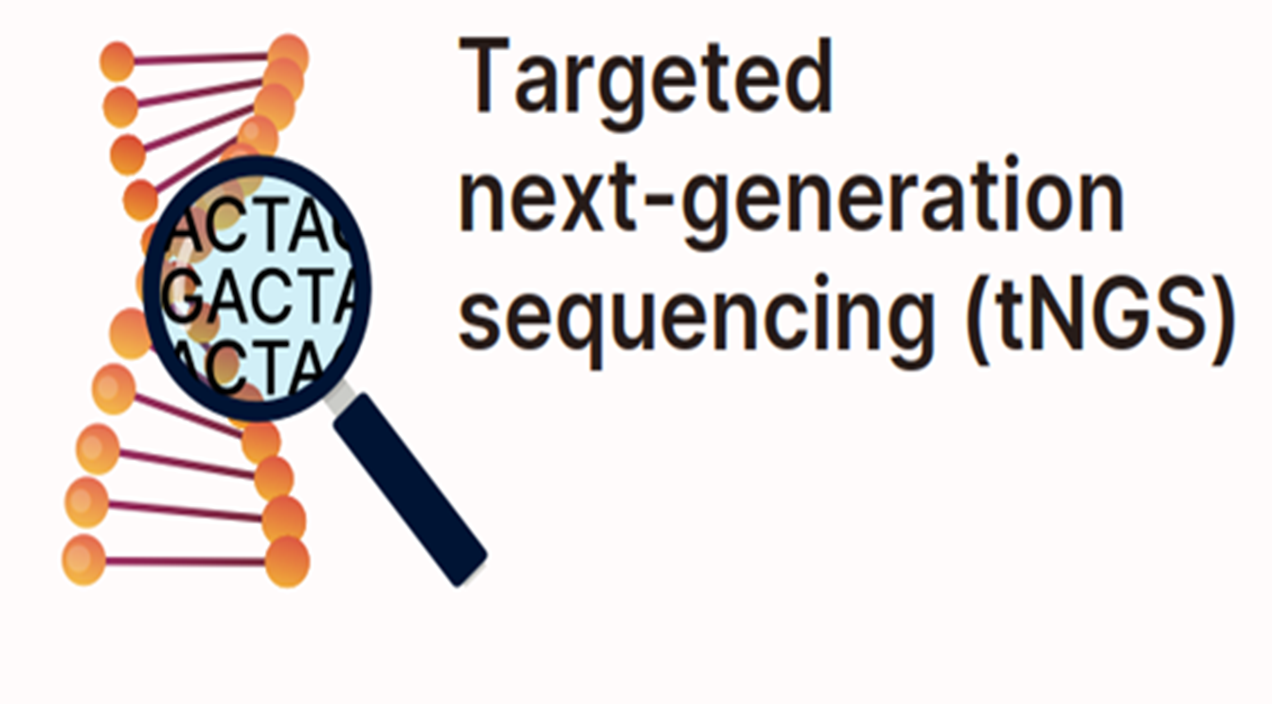

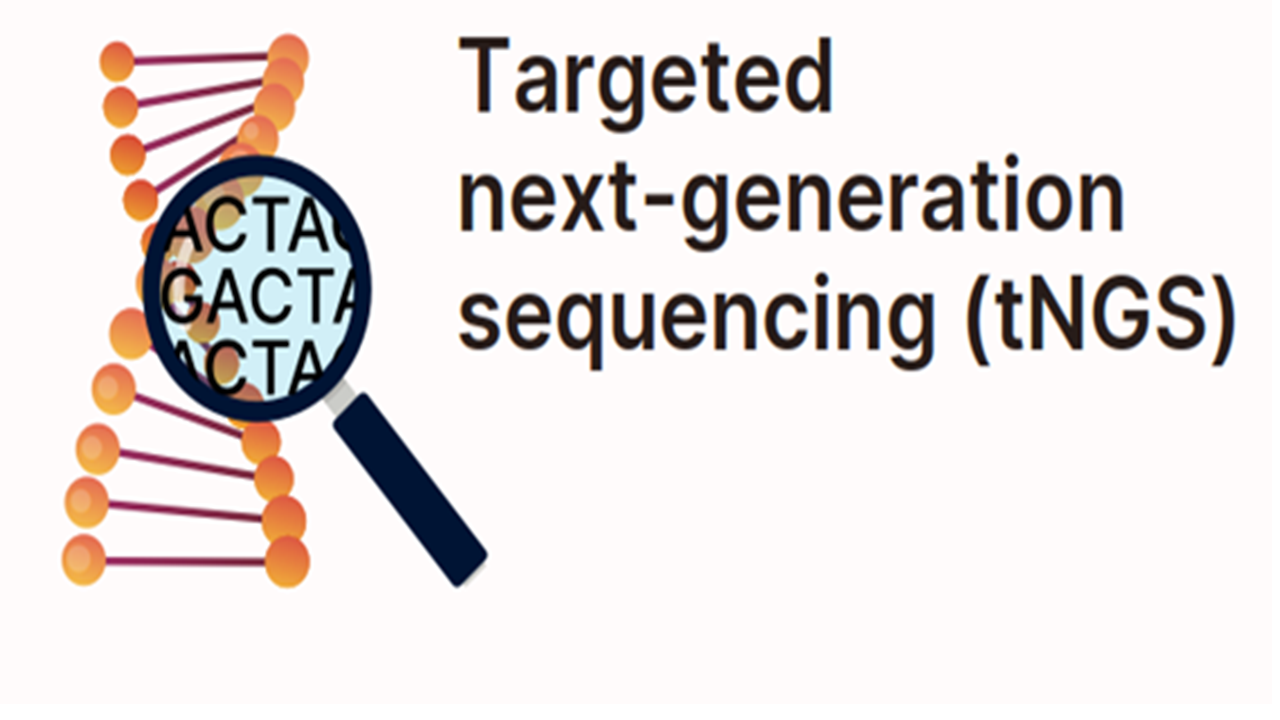
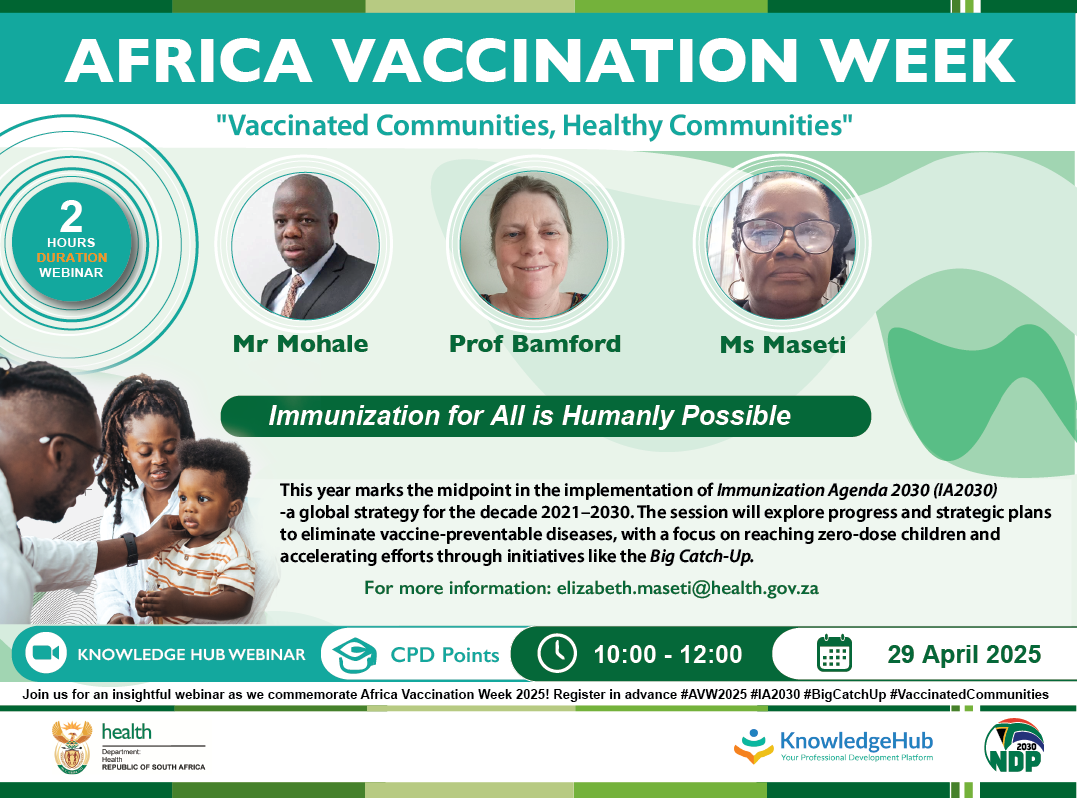

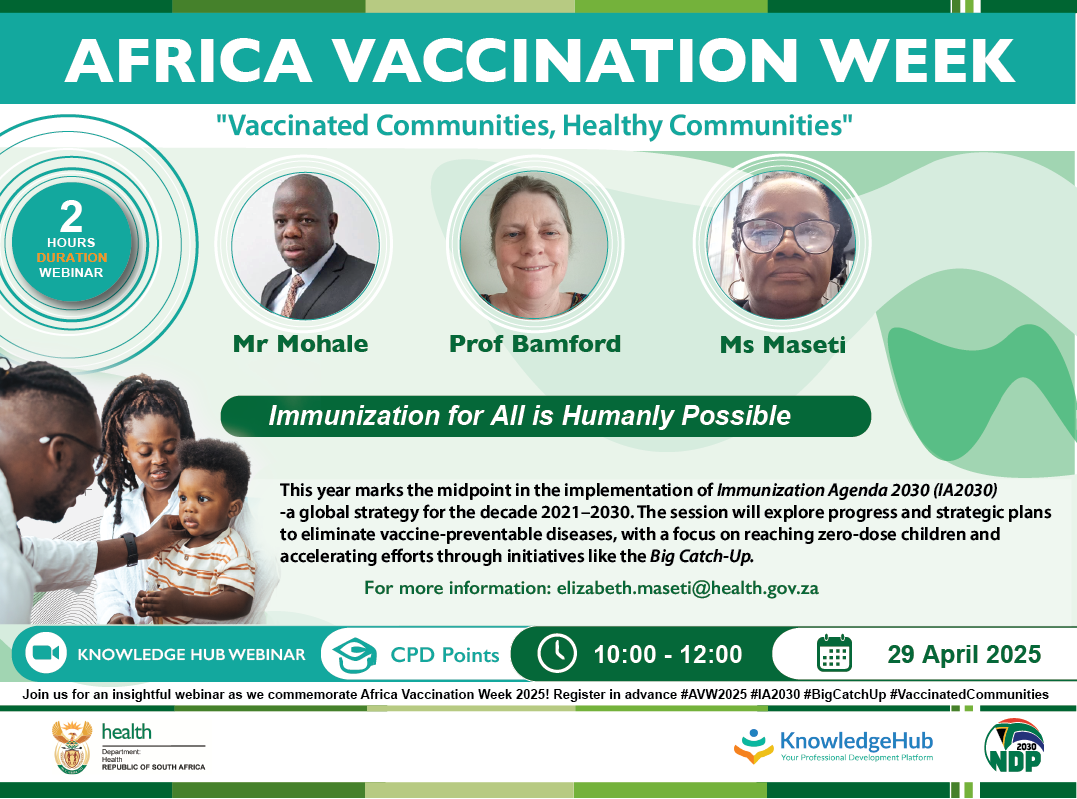
.png)


